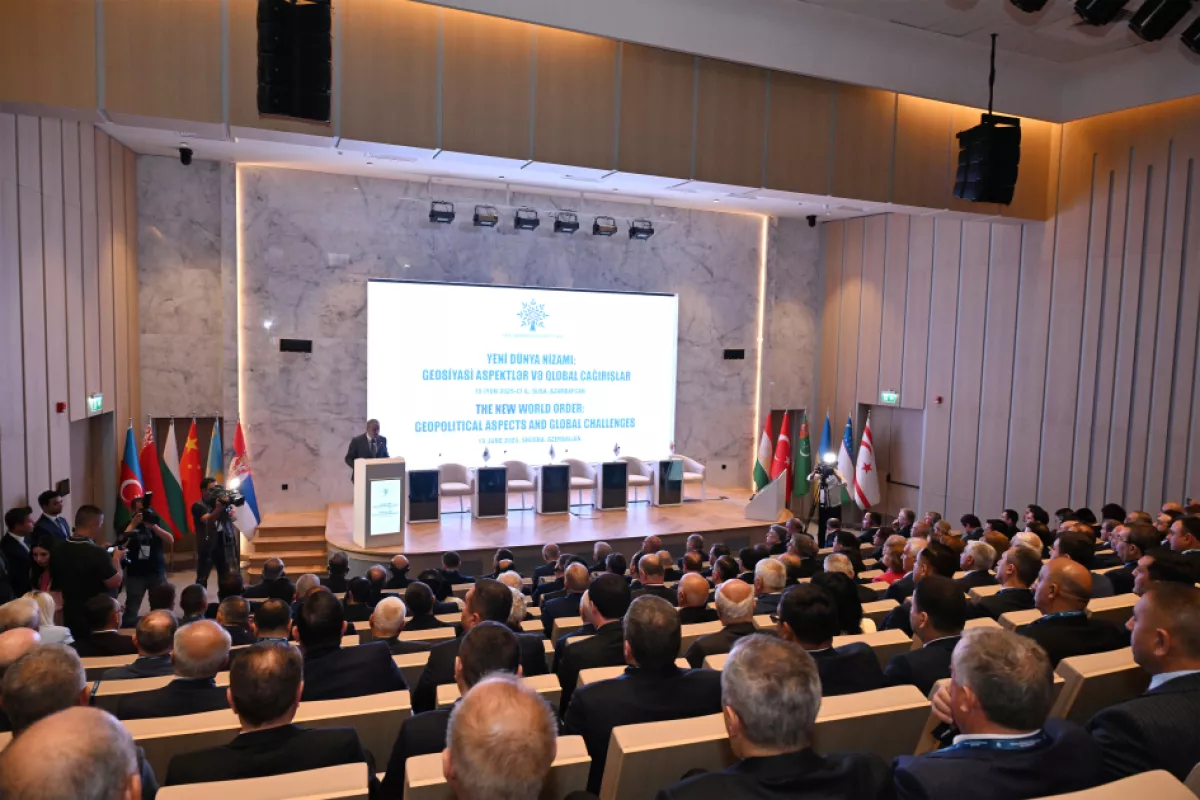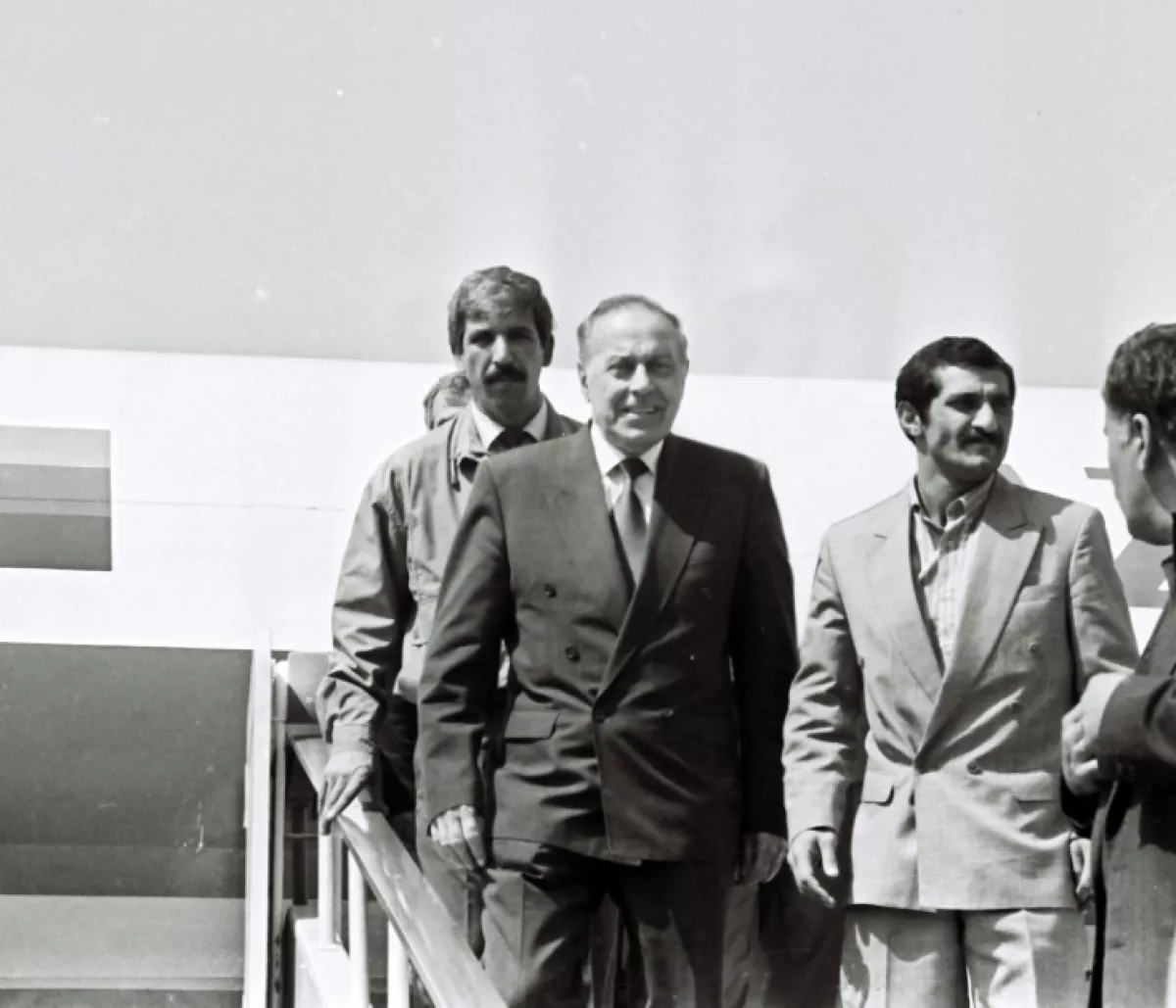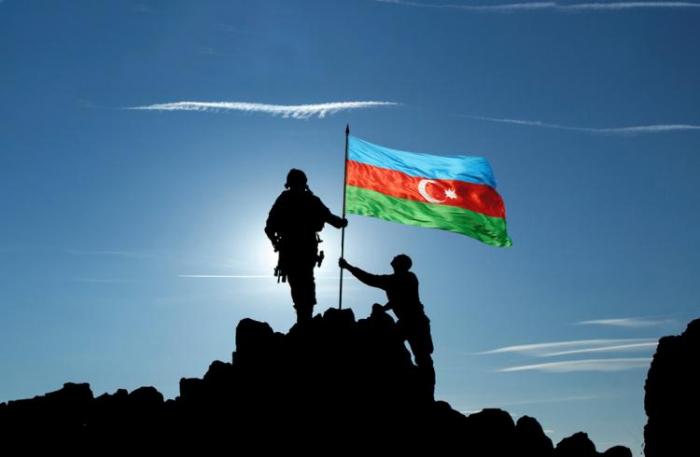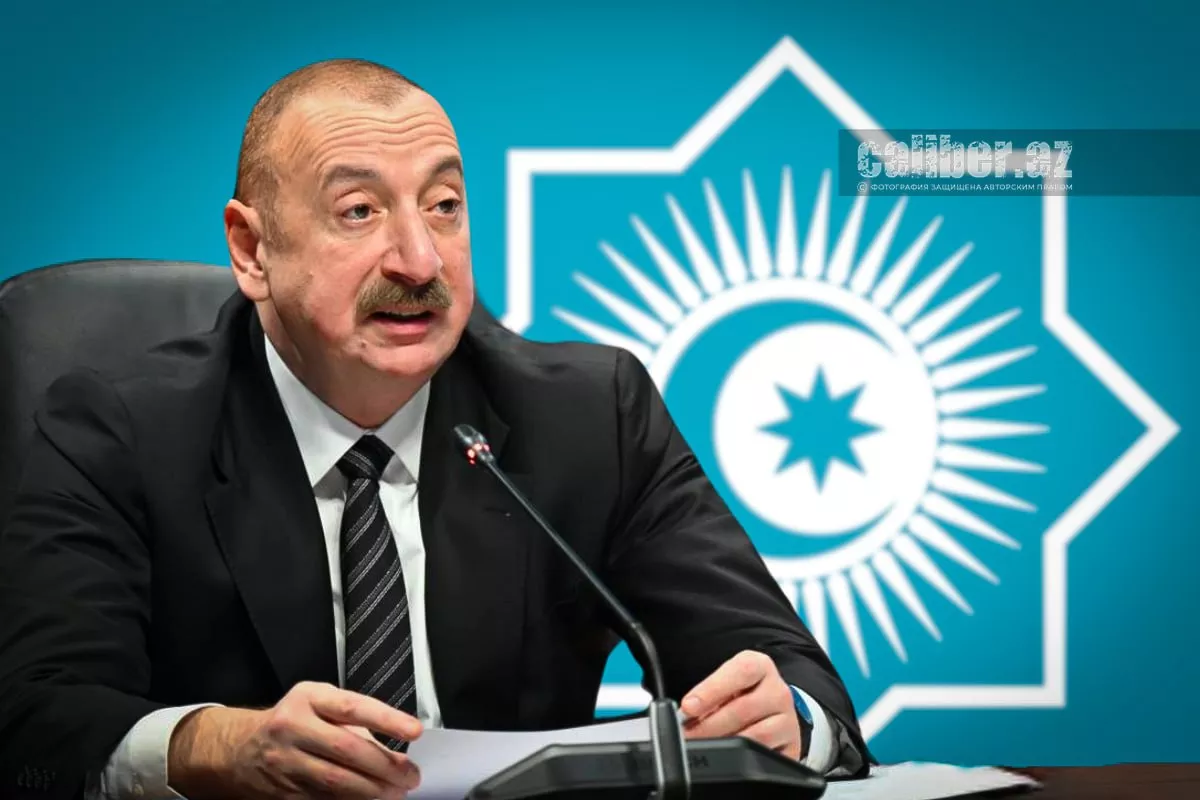Azerbaijan amid emerging new world order Balance, sovereignty, pragmatism
President Ilham Aliyev sent a message of greetings to the participants of the international conference held in Shusha on the topic “The New World Order: Geopolitical Aspects and Global Challenges”, in which he noted that exceptionally complex geopolitical processes are unfolding in the world today.
“In today’s world, highly complex geopolitical developments are taking place. Amid the emergence of numerous threats to national, regional, and global security, and the growing challenges that countries face in the political, military, economic, cultural, humanitarian, and environmental spheres, we are witnessing the rise of new centers of power and a transition to a new world order in the international relations system. In such a situation, safeguarding the national interests, independence, and sovereignty of states, and uniting efforts for peace, stability, cooperation, and multilateral development is of exceptional importance,” the Azerbaijani president’s message reads in part.

Certainly, the upheavals happening in the world today demand deep and comprehensive analysis, including a detailed retrospective of past events. Let us begin with the fact that after the collapse of the Soviet Union, the newly independent states faced severe challenges: from the absence of stable institutions to ethnopolitical conflicts. The entire world, having emerged from the bipolar order following the USSR’s dissolution, rapidly entered an era of turbulence, where the previous foundations of the international system began to crumble, while the new ones had yet to gain stability.
Over the more than three decades since then, the world order has undergone several stages of transformation, and Azerbaijan, as a state rebuilding its political, economic, and diplomatic framework from scratch, was compelled to adapt to constantly changing realities.
Having restored its independence in 1991, the Republic of Azerbaijan immediately found itself at the epicentre of a military conflict with Armenia, which viewed the collapse of the USSR as a historic opportunity to pursue its territorial claims against the country. Unfortunately, Azerbaijan was unprepared for this turn of events. By early summer 1993, Azerbaijan had virtually lost control over Karabakh.
The armed forces were poorly organised, fragmented into detachments loyal to various commanders, lacking unified command and military strategy, and weapons and equipment supplies were, to put it mildly, inadequate. Moreover, Elchibey’s government did not control the internal political situation: real power in the regions belonged to local elites, and new hotspots of separatism appeared in the republic.
Society was demoralised—the war seemed lost, the number of refugees and internally displaced persons forcibly expelled from their homes was growing, an economic crisis was unfolding, and industry was, so to speak, paralysed. Azerbaijan faced a real threat of losing its newly regained independence.

In this catastrophic situation, the Azerbaijani people made the only right decision — they called upon the wise statesman and true patriot of their homeland, Heydar Aliyev. After the great leader’s return to the helm of Azerbaijan in June 1993, the republic embarked on a path of revival: domestic political stability was restored, a ceasefire agreement was reached on May 12, 1994, and in September of the same year, the “Contract of the Century” was signed, opening the door to large-scale international investment activity in Azerbaijan’s oil and gas sector.
Heydar Aliyev’s foreign policy strategy, grounded in national interests and multidirectionality, was informed by his vast experience in state governance and deep understanding of global transformations. Azerbaijan established balanced and mutually beneficial relations with Türkiye, Iran, Russia, and Western countries.
Heydar Aliyev’s course to strengthen Azerbaijan as a regional power was continued by President Ilham Aliyev. Thanks to the head of state’s well-calibrated and pragmatic policies, the country maintained its status as a stable state at a time when many countries were experiencing “colour revolutions.”
Years passed, and the world entered a period of new global changes. Armed conflicts and trade wars breaking out in different parts of the planet became proof that the old model of global stability, based on the supremacy of international law, no longer works. An era of geopolitical fragmentation began.
Azerbaijan found itself in an especially sensitive position. On one hand, the country developed relations with the EU and NATO; on the other, it strengthened its strategic partnership with Russia and expanded ties with China within the framework of the Belt and Road Initiative. At the same time, Azerbaijan began actively shaping its own regional initiative — “The South Caucasus as a Zone of Stability without External Dictate,” whose implementation was complicated by Armenia’s occupation of Azerbaijani territories.
The mediation efforts of the OSCE Minsk Group amounted to little more than empty talks and “shuttle diplomacy.” The co-chair countries of the Minsk Group — the United States, Russia, and France — never imposed any sanctions against the aggressor country, the Republic of Armenia, and effectively acted as supporters of maintaining the conflict in a “frozen” state. Armenia ignored the implementation of four UN Security Council resolutions and other international bodies’ demands for the immediate and unconditional withdrawal of Armenian armed forces from the occupied Azerbaijani territories.

Then, in the autumn of 2020, under the leadership of the Supreme Commander-in-Chief, President Ilham Aliyev, the Azerbaijani army liberated the occupied territories from Armenian forces in just 44 days, restoring justice and international law. In doing so, the Azerbaijani state demonstrated to the world its ability to pursue national interests simultaneously through military, diplomatic, and economic means. Azerbaijan’s victory in the Patriotic War of autumn 2020 became a geopolitical Rubicon for the entire region, where new realities have since taken shape.
With the full-scale Russian-Ukrainian war beginning in February 2022, the international order finally lost even the illusion of stability. The confrontation between the collective West and the Eurasian bloc—where the central players are China, Russia, and Iran—intensified even further.
In this challenging situation, where the world has effectively split in two, Azerbaijan, thanks to its multidimensional foreign policy, managed to maintain a balance between opposing sides and significantly enhance its strategic importance in transport and energy infrastructures. The country has set a course to expand ties with Turkic nations and strengthen its role within the Non-Aligned Movement.

The Shusha Declaration, signed by the presidents of Azerbaijan and Türkiye on June 15, 2021, in the city of Shusha, elevated the relations between the two countries to the level of an alliance, demonstrating to the world a model of true friendship and brotherhood founded on mutual respect.
In the context of the emerging new world order, increasingly characterised as multipolar, fragmented, and conflict-prone, Azerbaijan has developed a unique model of international conduct based on:
– the principle of sovereignty;
– refusal to participate in military blocs, while preserving and protecting territorial integrity;
– multilevel diplomacy — from global structures to local formats, such as the “3+3” platform;
– energy pragmatism — transforming the country into a reliable transit and exporter of energy resources;
– active participation in global initiatives concerning intercivilisational dialogue and tolerance.
Thus, against the backdrop of the most complex challenges of the 21st century — from global warming and pandemics to wars and economic crises — countries capable of maintaining strategic thinking and pursuing balanced policies gain special significance. Thanks to its history, resource base, political will, and skilful diplomacy, Azerbaijan is precisely such a state.








